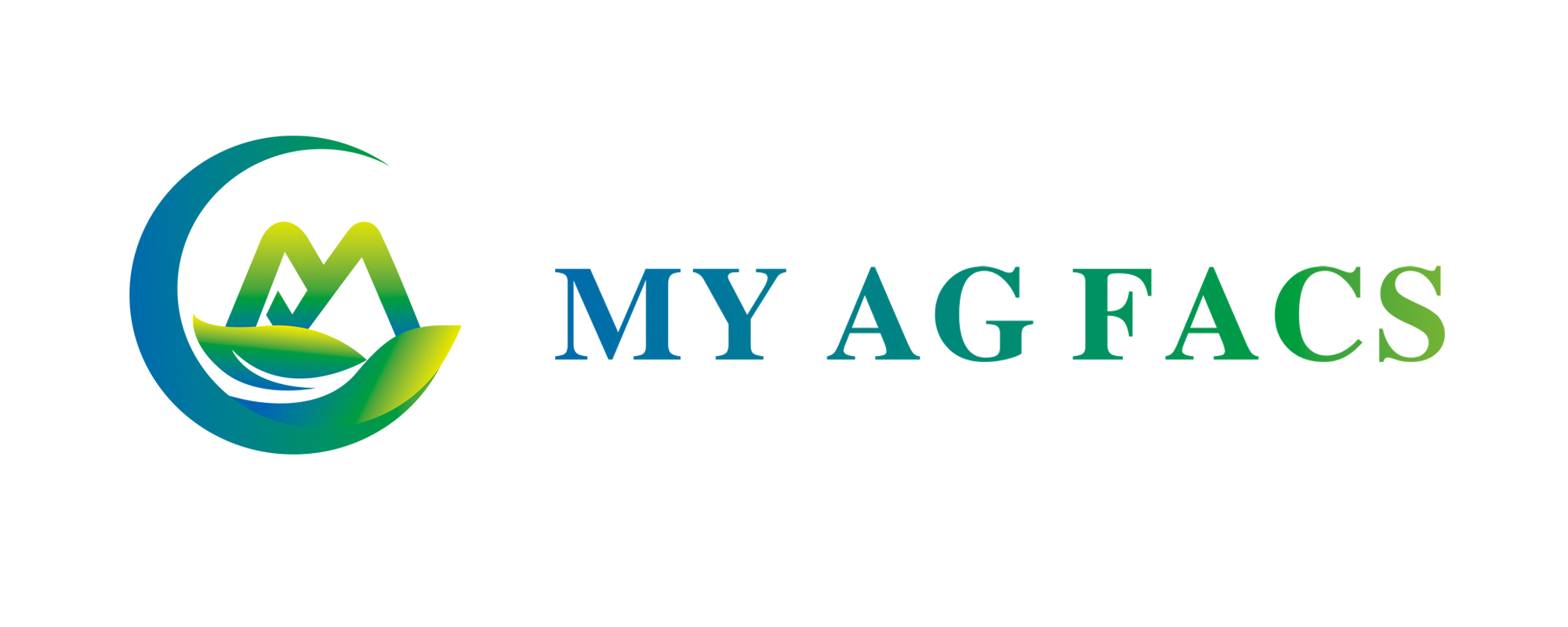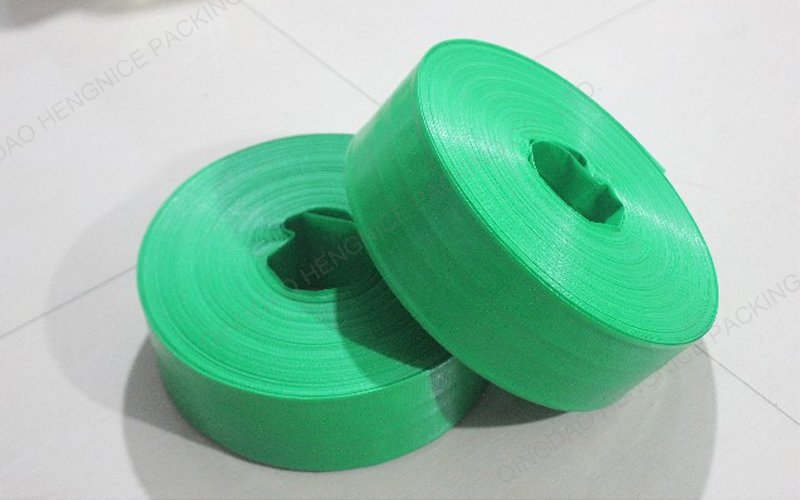
PE woven layflat hoses, also known as polyethylene woven layflat hoses, are commonly used in agricultural applications for irrigation and water supply. Here are some pros and cons of using PE woven layflat hoses for agricultural use:
Pros:
1. Durability: PE woven layflat hoses are made from high-density polyethylene (HDPE) material, which provides excellent durability and resistance to abrasion, punctures, and UV radiation. This makes them suitable for use in rugged agricultural environments.
2. Flexibility: These hoses are designed to be flexible and lightweight, allowing for easy handling and installation. They can be rolled up and transported conveniently, making them highly portable.
3. High flow capacity: PE woven layflat hoses have a smooth inner surface that facilitates a high flow rate of water. This is beneficial for efficient irrigation and water supply in agricultural fields.
4. Chemical resistance: They exhibit good resistance to various chemicals, including fertilizers and pesticides, commonly used in agricultural practices. This helps prevent damage to the hose and ensures the safe transport of water and chemicals.
5. Long lifespan: When properly maintained, PE woven layflat hoses have a long lifespan, providing reliable performance over an extended period. This can result in cost savings for farmers by reducing the need for frequent replacements.

Cons:
1. Limited pressure rating: PE woven layflat hoses typically have lower pressure ratings compared to other types of hoses, such as PVC or rubber hoses. They may not be suitable for high-pressure applications or long-distance water transport.
2. Susceptible to kinking: While flexible, these hoses can kink if not handled properly during installation or storage. Kinking can restrict water flow and cause damage to the hose, affecting its performance.
3. Vulnerable to degradation: Although they have good UV resistance, prolonged exposure to direct sunlight can still cause some degradation over time. This can lead to reduced lifespan and potential weakening of the hose material.
4. Difficult to repair: In the event of damage or punctures, repairing PE woven layflat hoses can be challenging compared to other hose types. Specialized equipment and techniques may be required for effective repairs.
5. Limited temperature range: PE woven layflat hoses have a limited temperature range compared to certain other materials. Extreme temperatures, either hot or cold, can affect their performance and durability.
It's important to consider these pros and cons in the context of your specific agricultural needs and requirements to determine if PE woven layflat hoses are the right choice for your application.